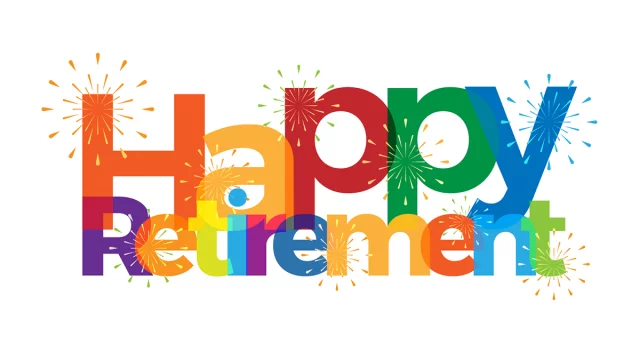
Confidence Key to Retirement Planning
Confidence can be dangerous. It has led investors into fraudulent deals and businessmen into over-borrowing.
But new research finds one circumstance in which confidence may be beneficial: retirement planning.
Saving and investing can be so overwhelming that workers, judging by the low balances in most 401(k)s, often avoid it. So Andrew Parker, a behavioral scientist in Pittsburgh for the non-profit RAND Corporation, wanted to get at the psychological factors motivating those who do dive in and plan for their future.
Parker and fellow researchers concluded that individuals’ tendency to engage in retirement planning and their self-confidence – how much they think they know – are “significantly and positively correlated with each other.” This was true even after their study accounted for how much people really did know.
“If I feel confident in my knowledge and abilities, I may be more likely to move forward” with retirement planning, Parker explained in an interview. “If I don’t, I may be more hesitant to engage in that process.”
In surveys, individuals were first asked whether they had engaged in any long-term retirement planning or had consulted a counselor about it. Next, the researchers gauged how much confidence individuals had in their knowledge on a wide range of topics – one true-false example: “alcohol causes dehydration” – or in their ability to perform tasks.
In one task, subjects were asked to allocate an investment portfolio among various index funds. The researchers wanted to see if they selected the funds with the lowest fees, since index funds track a specific financial market – and can’t, by design, out-perform that market. For each answer or task, the researchers asked subjects how confident they were.
Confidence takes many forms, so the type of confidence that’s beneficial is subtle but important. Some prior studies have blamed poor financial decision-making on overconfidence, which is the gap between one’s confidence and one’s actual knowledge – the bigger the divide, the greater the overconfidence.
This study focused on what Parker calls “unjustified confidence,” which may lead to positive behavior. Unjustified confidence is the difference in confidence levels among people with similar levels of knowledge – and it varies due to myriad factors, such as the situation they’re in or their level of anxiety.
We already know financial literacy – what people know – is key to financial success in retirement. If it also hinges on confidence – how much they think they know – then what will make employees feel more empowered?
To watch RAND’s webinar on this topic, click here.
The Center for Retirement Research, which supports this blog, has developed a user-friendly website that can help individuals with their retirement planning and other financial decision-making.
Comments are closed.







Similar theme as in the Tiger Mom’s new book, that people with a superiority complex generally do better. Confidence (of various types), whether earned/deserved or not, helps in obtaining desirable outcomes — even with retirement planning.
Self confidence can influence the decisions people make and affect whether they put away money for retirement or not. Gaps in knowledge often times deter people from saving up for retirement. Be sure to seek the counsel of a financial advisor to see what options are in your best interest.
Saving money for your own retirement is very important, especially here in Poland. We can count on social care when we will get old.
Early or late retirement, you should save money for the day and enjoy it. If you don’t believe in yourself, you are going to end up depending on others. So plan for it. Good article.